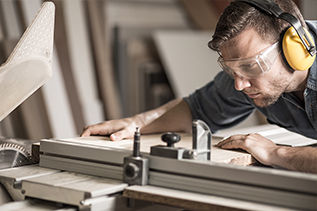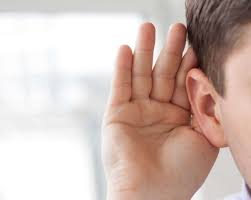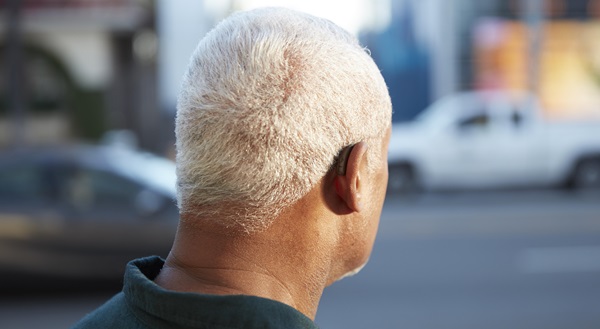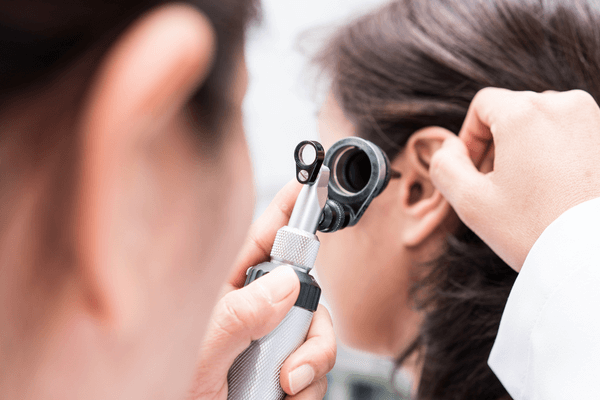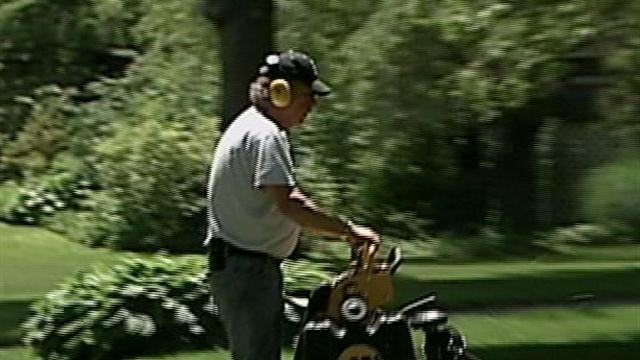At Purchase Ear Technology in Paducah, we strive to promote better communication through healthy hearing every day. After all, hearing plays an essential role in relationships, physical health, mental health, and even earning potential! And there are more than a few ways to promote better hearing in your life, and in the lives of those you love.
Maintain a good diet and exercise
As some hearing professionals put it, “the ears are the window to the heart.” And as history and numerous studies have shown, there is a link between your heart and your ears.
Your diet, medical history and medication regimen can all play a part in your hearing health. However, staying active and eating healthy are both steps you can take to ensure your hearing stays strong.
Get an annual checkup
Just like getting an annual physical, regular hearing health evaluations can help keep your hearing sharp. Remember, there are a number of things that can cause hearing loss, including what we mentioned above—aging, loud noises, and certain illnesses or medications. Knowing the signs of hearing loss and staying up-to-date on your checkups can help keep your hearing healthy and strong.
And if you already have hearing aids? Regular tests are still critical to ensure your hearing abilities have not changed, and that your technology is giving you the best possible performance.
Avoid the noise
Loud noise is a leading cause of hearing loss, especially among younger people (which is why it’s important to protect your kids’ and grandkids’ hearing health).
Certain jobs where loud noise is prevalent, rock concerts, busy streets and commuting can all contribute to hearing loss. To avoid hearing damage sustained by prolonged exposure to loud noises, experts recommend wearing ear protection such as earmuffs or earplugs in environments where noise levels are higher than 85 decibels. Additionally, you should also take breaks to give your ears a chance to rest.
Follow proper care and maintenance tips for your hearing technology
When it comes to making the most of your hearing aids, taking care of your technology is key in ensuring you’re getting the best performance. From storage to battery best practices, we’ve logged away tips and tricks to help ensure you get the greatest amount of mileage from your hearing instruments.
Talk about it
Talk to your loved one if you think they may be experiencing hearing loss. If you think a friend or loved one is experiencing hearing loss, the most caring thing you can do is talk to them about it.
Helping someone you love with hearing health issues could help them avoid consequences of untreated hearing loss. Research shows that waiting too long for treatment could lead to other health concerns, so it’s best to have these conversations as soon as you suspect there may be a problem. You can use these tips for talking to someone with hearing loss as a starting point to ensure you have the most comfortable and productive discussion possible.
If you or someone that you love is experiencing hearing loss, contact us at Purchase Ear Technology, 2008 Broadway, Paducah, KY 42001, give us a call at (270) 558-3996 or send us a message at www.purchaseear.com/contact.

